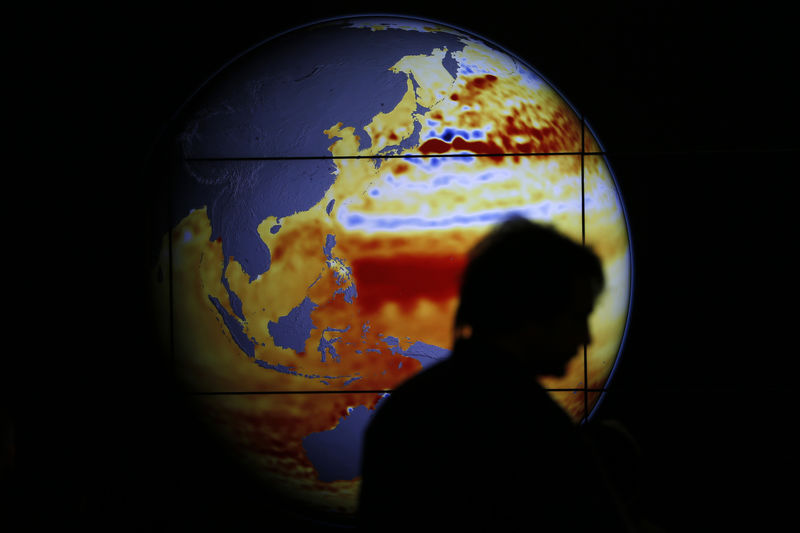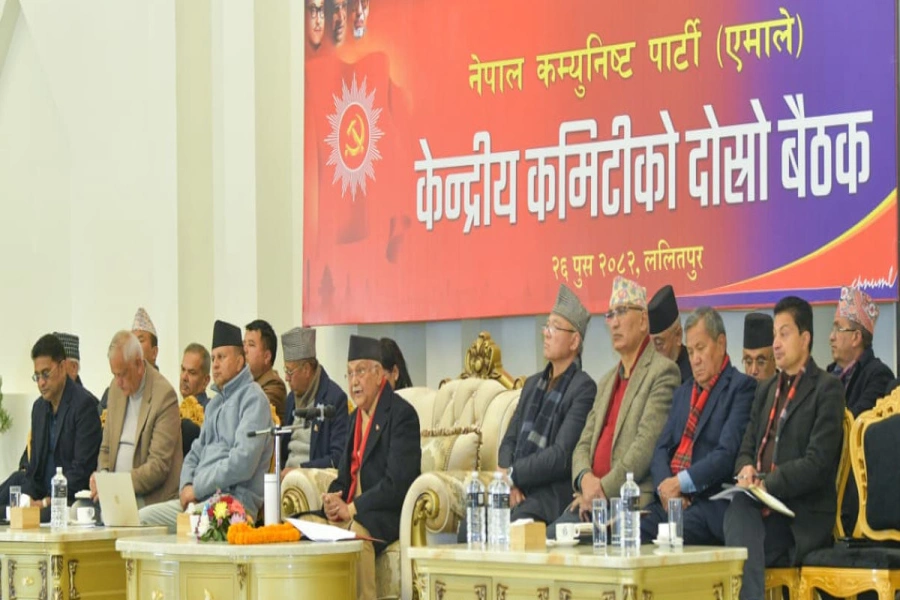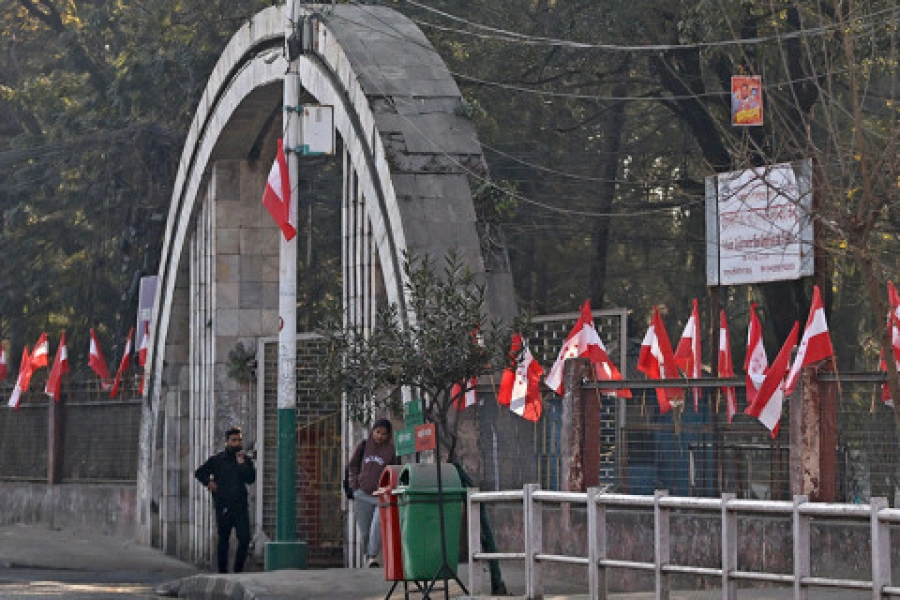Climate change has emerged as the gravest and most formidable challenge facing our modern world. Its catastrophic repercussions extend far beyond the environment, posing an imminent threat to the very existence of humanity itself. Shockingly, despite Nepal's negligible contribution to global climate change, it stands among the nations enduring the harshest and most devastating impacts. To confront this pressing crisis head-on, Nepal urgently requires unwavering support from the international community to implement comprehensive strategies and fortify its resilience in the face of an ever-changing climate.
Fortunately, Nepal has already started its journey towards climate change adaptation, exemplified by the formulation of its National Climate Change Policy 2019. Recognizing the urgency of the situation, the country has identified community-based and ecosystem-based adaptation programs as effective and economically viable measures to combat the looming threats of climate change. However, the formidable challenge lies in the implementation of these programs, as they necessitate substantial financial resources.
Astonishingly, Nepal estimates that a staggering $47.4 billion will be required by 2050 to fully realize these transformative initiatives. This astronomical sum presents an insurmountable hurdle for a nation with limited economic capabilities. Consequently, Nepal turns its hopeful gaze towards the international community, earnestly seeking assistance in securing the vital funding necessary to safeguard its future.
Sexploration Season 2 Episode 3: Modern Chaupadi

As temperatures surge across South Asia, Nepal stands at the precipice of confronting increasingly severe climate and disaster risks, poised to wreak havoc on its people, economy, environment, and hard-won development gains. Projections paint a harrowing picture, with the country set to witness a temperature increase of approximately 0.9°C between 2016 and 2045. This relentless climb in temperature will unleash a cascade of adverse effects, including arid winters and deluge-laden monsoon seasons, potentially triggering a threefold surge in rainfall.
Furthermore, the dire consequences of climate change loom large, as the number of individuals affected by river flooding—a direct consequence of this global crisis—could multiply twofold, engulfing around 350,000 lives in its perilous waters by 2030. These alarming forecasts serve as an urgent clarion call, demanding swift action and unwavering support for Nepal in its battle against the looming specter of climate catastrophe.
Although Nepal's per capita emissions are relatively low, the country still faces air pollution challenges arising from agricultural and energy-related emissions. Nepal’s traditional agriculture accounts for 54 percent of its emissions, while energy contributes 28 percent. Between 2012 and 2019, Nepal's emissions increased by 26.9 percent, primarily due to the growing energy consumption in the energy and industry sectors. Additionally, biomasses, transport, open burning, and industrial activities significantly contribute to air pollution, causing detrimental effects on health and productivity. Nepal must address these sources of pollution while simultaneously tackling climate change.
Climate variability is already impacting Nepal's economy, leading to lower agricultural productivity, road damage, and increased energy imports during the dry season. Furthermore, floods and landslides, the most frequent hazards in Nepal over the past four decades, are expected to become even more prevalent as climate change accelerates. While southern and urban municipalities are more prone to flooding and heat stress, the northern regions face increased erosion, landslides, water stress, and glacial lake overflow. Unfortunately, it is the most vulnerable communities, including women, indigenous people, and marginalized groups, who bear the brunt of these climate impacts and lack the necessary social protection programs.
Nepal has already begun laying the groundwork for addressing climate change through the implementation of crucial policies such as the 2019 National Climate Change Policy, the 2022 Solid Waste Management Policy, the 2022 Forest Regulation, and the 2022 Land Use Regulation. However, the challenge lies in effectively implementing these policies and prioritizing investments in climate change mitigation and adaptation. Furthermore, the government needs to enhance the prioritization and efficiency of public expenditure to maximize the benefits for both climate action and overall development.
Given Nepal's limited resources and the magnitude of the climate change challenge, international cooperation is indispensable. The international community must step forward to support Nepal's efforts in combating climate change. Financial assistance is critical to help Nepal meet the substantial funding requirements for its climate change adaptation programs. Additionally, knowledge sharing and technical support from developed nations with expertise in climate change mitigation and adaptation can greatly contribute to Nepal's capacity-building efforts.
Let's hope the world stands united to support Nepal in its battle against the climate crisis and secure a sustainable future for all. Together, we can make a profound difference.



































